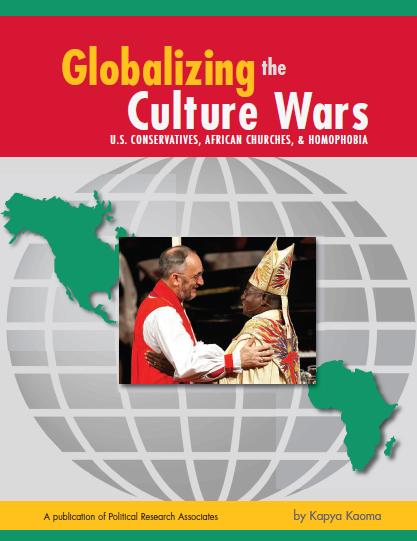This afternoon there will be a “rally against Sharia Law” in central London, as part of the “One Law for All” campaign. Here’s the call:
SHOW YOUR OPPOSITION TO SHARIA LAW AND ALL RELIGIOUS-BASED TRIBUNALS IN BRITAIN, IRAN, IRAQ, AFGHANISTAN, PAKISTAN, SOMALIA AND ELSEWHERE
DEMAND AN END TO CULTURAL RELATIVISM AND RACISM
DEMAND ONE SECULAR LAW AND UNIVERSAL RIGHTS
DEFEND THE RIGHT TO ASYLUM FOR THOSE WHO HAVE FLED SHARIA
The organisers are secular-minded progressives who want no truck with groups such as the English Defence League; Peter Tatchell (whom I greatly respect) gives some background at Comment is Free:
While other faiths are also often oppressive, sharia law is especially oppressive. Its interpretations stipulate the execution of Muslims who commit adultery, renounce their faith (apostates) or have same-sex relationships. Sharia methods of execution, such as stoning, are particularly brutal and cruel – witness the stoning to death this week in Somalia of a 20-year-old woman divorcee who was accused of adultery. This is the fourth stoning of an adulterer in Somalia in the last year.
…The key point of the protest is to show support for the many courageous, inspiring Muslims who are campaigning against the inequalities and inhumanities of sharia law, often at great risk to their liberty and life. Contrary to the way our critics are trying to misrepresent our campaign, this is not an attack on Muslims or Islam. Nor are we uniquely condemning sharia law. We reject all religious laws and courts, including those inspired by Judaist and Christian fundamentalism.
This is a subject I’ve blogged on: five years ago I noted how local Muslims in Nigeria were protesting against Sharia-based laws as a foreign, Saudi, imposition, and, later, how state enforcement at the hands of a religious police force in Kano was causing problems. The situation in Indonesia is similarly alarming and depressing.
Nevertheless, I have a couple of reservations about the rally. First, talk of “religious-based tribunals in Britain, … Somalia and elsewhere” is a crude polemical conflation of several different problems: (i) draconian and barbaric criminal penalties that shouldn’t be imposed on anyone no matter what they’ve done; (ii) the banning of activities that should be allowed in a free society; and (iii) a gender bias in judgements that discriminates against women. All of these should of course be opposed, but only the third point risks being indulged by British law; this is because unofficial sharia courts can take advantage of the 1996 Arbitration Act, which allows for a range of mediators to make judgements on civil disputes that can then be upheld by the county courts. And as I’ve noted previously, reports of the courts’ activities are certainly unencouraging: inheritances doled out unequally between male and female relatives, and women “persuaded” to drop complaints to the police about domestic violence. The obvious – and reasonable – fear is that some women are agreeing to be bound by the courts’ decisions as a result of community and family pressure rather than giving true consent. It certaintly seems to me that the 1996 act ought to be amended so that civil courts will not enforce decisions where there is evidence of gender bias.
Second, these problems do not encompass full complexity of sharia in its various schools and interpretations – it would be unhelpful if “sharia” were to become simply a synonym for “legally-sanctioned religious oppression”, the way “fatwa” has come to be understood as meaning “death sentence”. In the US, unremarkable niche financial products for Muslim customers who wish to arrange their finances in accordance with sharia principles have provoked ridiculous howls of outrage, and there is an effort underway to paint any Muslim who does not repudiate his or her religion’s legal traditions in toto as an extremist (see here and here).
Tatchell complains that
Sadly, the turn out in Hyde Park will probably be quite small. This is odd. Most liberals and leftwingers would protest loud and strong if these persecutions were perpetrated by a western regime or by Christian fundamentalists. But they get squeamish when it comes to challenging human rights abuses committed in the name of Islam. They fear being denouned as Islamophobic. They confuse protests against fundamentalist, political Islam, which seeks to establish a religious dictatorship, with an attack on Muslim people and the Muslim faith. These are two very different things. Saturday’s protest is in defence of Muslim people – and all people everywhere – who are victims of any form of religious tyranny.
That’s a noble sentiment. However, although I accept I may have a jaundiced view from looking at too many right-wing American websites, I’m not entirely convinced that the organisers want to be clear that they are not protesting against “the Muslim faith”.
Filed under: Uncategorized | 32 Comments »



